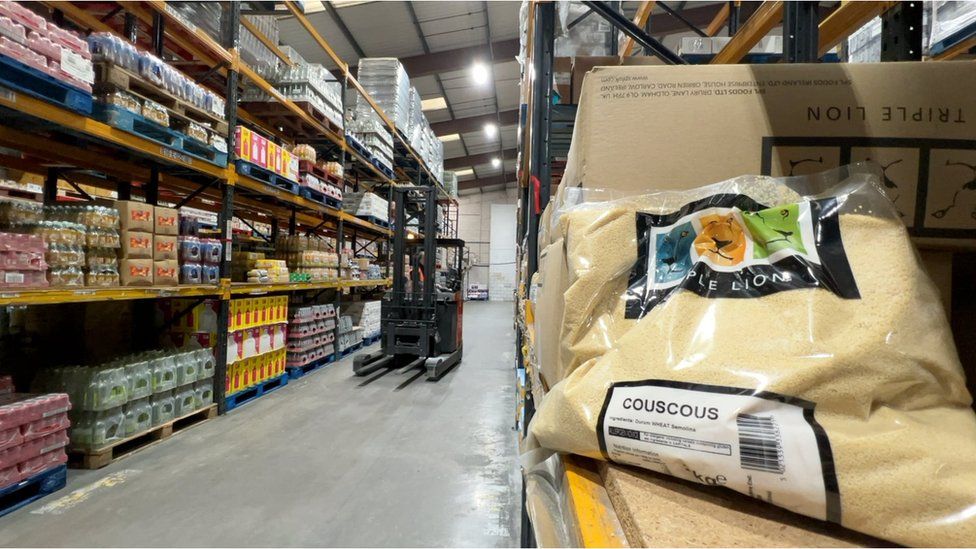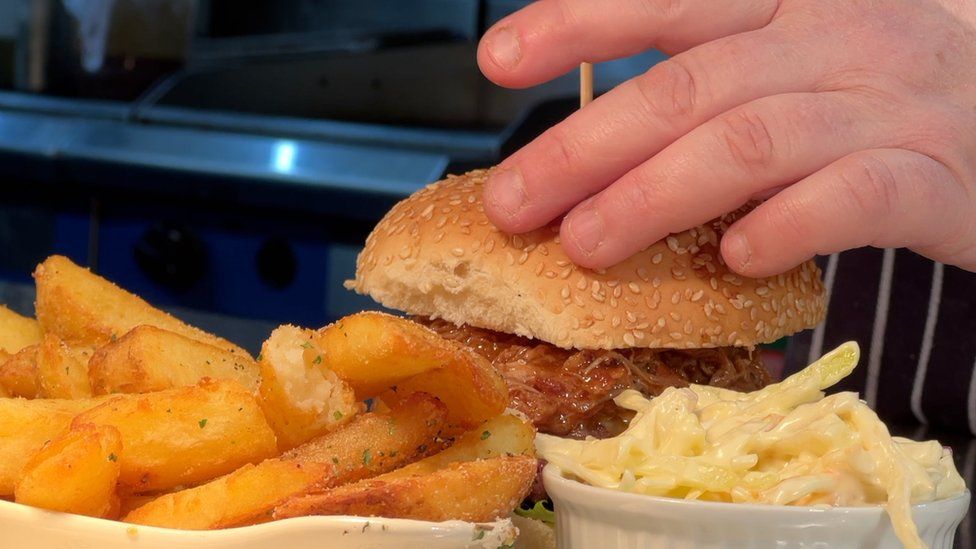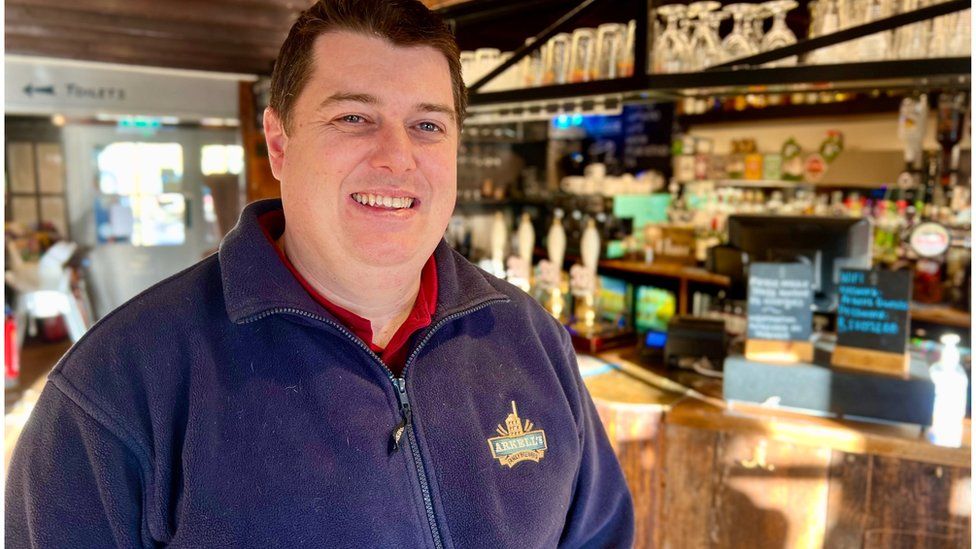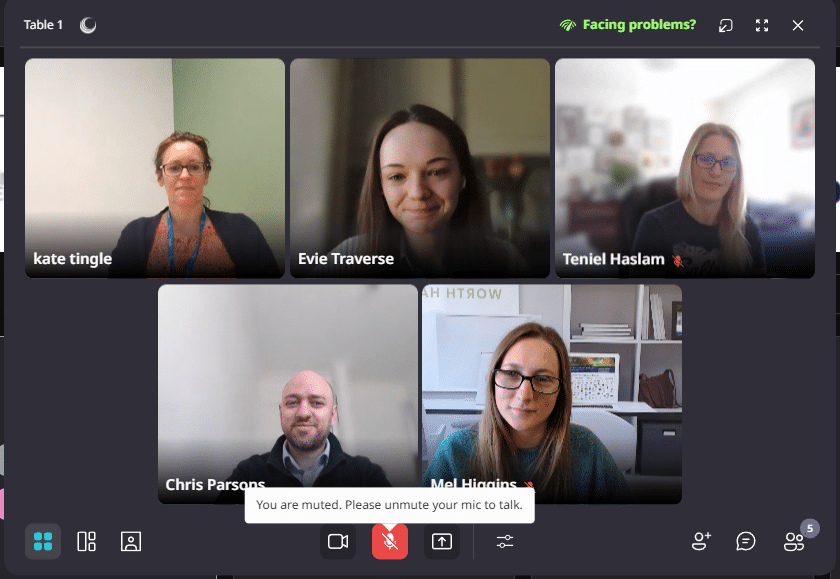A food wholesaler who supplies the catering trade has described the rise in food prices as “the worst I’ve seen in 40 years”.
New figures from the Office for National Statistics revealed prices had risen on average 10.5% in the year to December 2022.
Food prices have risen much faster.
Philip de Ternant, managing director of Creed Foodservice, said the last year had seen a “tsunami” of price rises.
At a big warehouse in Cheltenham, Mr de Ternant’s team of 430 people supplies food to pubs and cafes, hospitals and schools, even the National Trust.
Some of the biggest price increases have been on everyday staples.
“Baked beans are up over 50% in a year,” he explained.
“Tinned tomatoes from Spain, also up 50%. Pasta, a basic staple for so many chefs, has risen 24%.”

His company’s energy bill has risen sharply too. The firm now pays four times what it did a year ago for electricity and gas.
Diesel, vital for his fleet of lorries delivering across the UK, is 65% more expensive than at the start of 2022.
Creed specialise in sourcing local produce where possible, championing West Country meat, cheese and fruit. But Mr de Ternant knows that his price problems are on a global scale.
“Whether it is the war in Ukraine forcing up wheat and sunflower oil prices, or climate change with droughts and heatwaves, these are all outside our control,” he said.
So the firm is working with customers to change what they can. Some find slightly cheaper suppliers, others order in bulk to cut down the number of deliveries.

In the small Cotswold town of Lechlade an old pub sits right by the Thames. Gareth Chapman manages The Riverside, and buys much of his food from Creed.
Right now, he’s trying to price up a summer menu to launch in April. Gareth can cook and has a nose for what the locals want, but now he needs to be an economic forecaster as well.
He explained: “What do you charge for something? Can you guarantee things will cost the same in three months time when you’re buying them? Last year by July everything had gone crazy, way above what we’d priced in.”

Like many pubs, he has gone through every line of their costs. Energy is a big one, and they now switch off heating in bedrooms that are not let. But what about the lights?
Mr Chapman explained his dilemma: “People drive past here, they see the lights on and they know the pub is open. The moment you start turning lights off to save energy, it looks like the pub is empty or closed.”
So far, the pub has largely paid for the huge cost increases itself, making less money but keeping price rises as low as possible.
Business West, the West Country business organisation, said that has been common practice.
Phil Smith, the Managing Director of Business West, said: “Businesses have been absorbing cost rises so far to protect their customers, but it can only go on for so long.
“Soon companies are going to have to pass on these increases, and the pain will have to be shared around everyone.”




